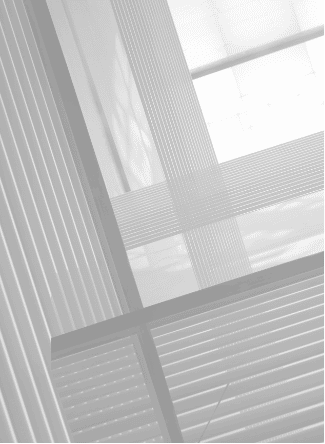Why is it Sometimes Necessary to “Revise” or “Correct” a Previous Facelift?
The decision to revise a facelift is a deeply personal choice. There are many reasons why someone may feel dissatisfied with a previous facelift, but one of the main reasons is that they are simply unhappy or unsatisfied with the previous surgeon’s work. The good news, however, is that many facelifts that fell short of their intended goals can be improved upon via corrective plastic surgery.
Problems that Necessitate the Need for a “Do Over” Facelift
One of the more frequent requests at our office in the San Francisco Bay Area is for revision or corrective facelift: to fix, or improve upon, a previous surgeon’s work. Here are just some of the reasons that our patients give us for the need to revise a previous facelift:
- Unsightly incisions, highly visible facial scarring and/or infection
- Too many facelifts over a short period of time with varying results
- Thread lift complications resulting in uneven or asymmetrical results, migration of sutures, or sutures becoming visible under the skin
- Older facelift techniques (read about latest facelift techniques here)
- Lack of longevity, or early loss of results
- Lack of impact: facelift that didn’t effectively “lift” or rejuvenate
- “Looking like someone else” syndrome
- Contour irregularities such as dimpling, dents, distortions, or unwanted ridges
- Pixie ear deformity, where earlobes are sewn to the face after facelift
- Failure to effectively volumize the face.
- Poorly performed facelift obtained from a less qualified or poorly trained surgeon
- The previous surgeon lacked an “artistic eye” causing lack of aesthetic harmony
- Natural aging, as most facelifts have a natural shelf-life of approximately 5-10 years, depending on the quality of the original surgery
Natural-looking Results means that No One can tell You’ve “Had Work Done”
The primary goal of corrective facelift revision surgery — and in fact the main goal of all facial rejuvenation — is that you end up with a natural, healthy, and youthful appearance. You will still look like you but a younger version of yourself. Nobody wants to look like they’ve had work done! This is why Dr. Deschamps-Braly evaluates each individual’s face from a unique perspective. At your initial consultation at his office in San Francisco, he will ask you to bring along photographs of yourself when you were younger, and ask you about your desired outcome and aesthetic aspirations.
How is a Revision Facelift Performed? Is it Different from a Normal Facelift?
Corrective facelifts may be more challenging than the original surgery due to altered facial features, scar tissue, or other unknown factors such as infection. If you can bring along the original operative report from your previous surgery to your consultation, this will help your doctor to understand the scope and depth of the procedure you would now have corrected.
Dr. Deschamps-Braly will begin by identifying the core aesthetic and technical issues that have led to the your dissatisfaction with the previous surgeon’s work. He will then undertake a comprehensive evalution of your facial features and make recommendations for improvement. He will explain in detail each procedure that he suggests and why it is necessary to get the outcome you seek.
Dr. Deschamps-Braly will also advise of any non-surgical, non-invasive alternatives that will help you achieve a younger and more youthful appearance, such as facial volume restoration via injectable dermal fillers.
Read more about facelifts and neck lifts here.
Why Should Your New Plastic Surgeon be US Board-Certified?
When choosing a plastic surgeon for your revision facelift, ensure that they are highly qualified, US Board Certified, and possess long-term facial rejuvenation experience.
Your surgeon should also have an aesthetic and artistic “eye” for what constitutes “beauty.” It is one thing to look younger, but quite another to ensure that your features are harmoniously balanced in a natural way that still looks like you.
Facelift revision surgery is complex and requires the expertise of a surgeon who has an intimate and in-depth understanding of not only plastic surgery, but the entire craniofacial skeleton.



